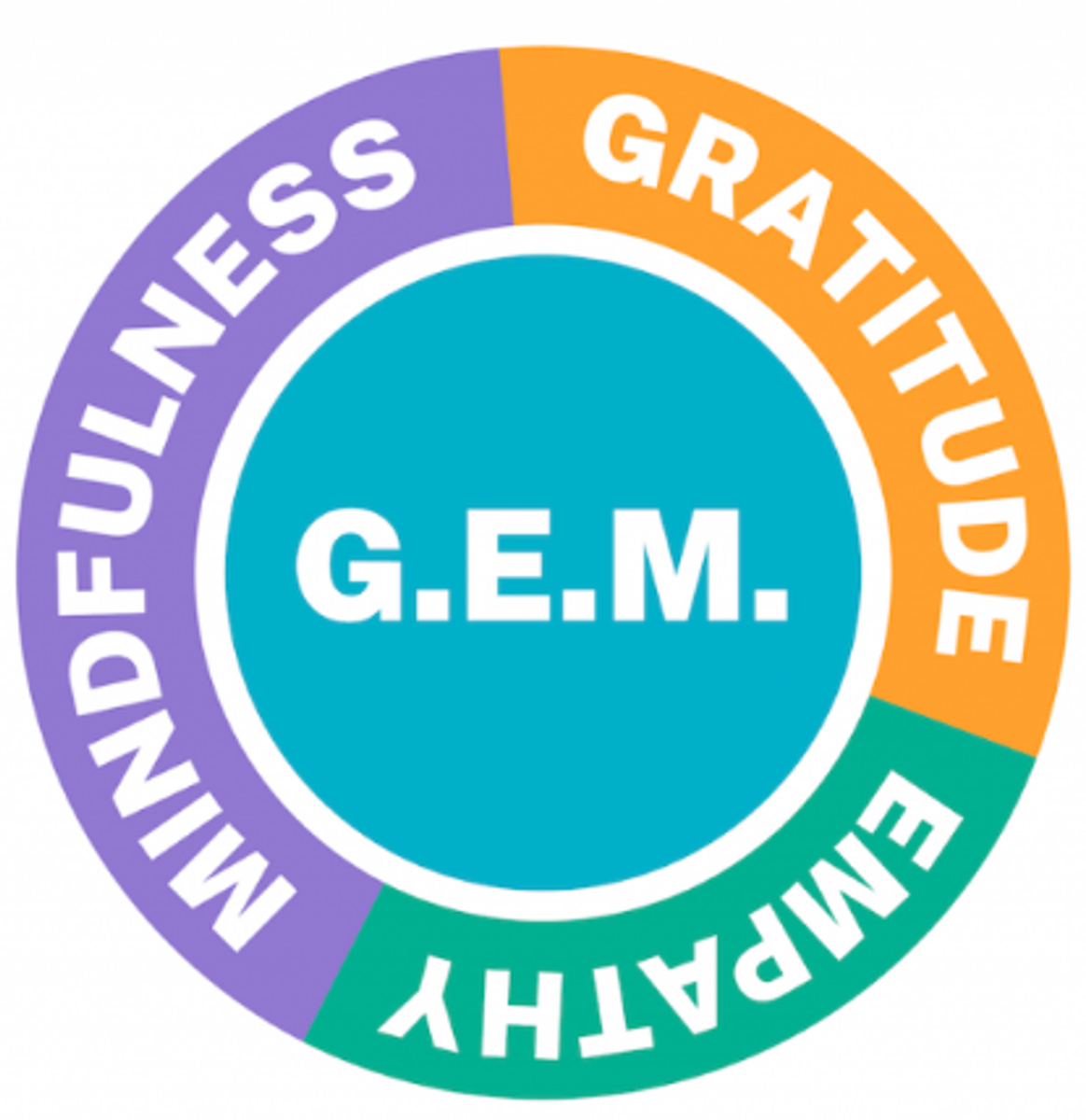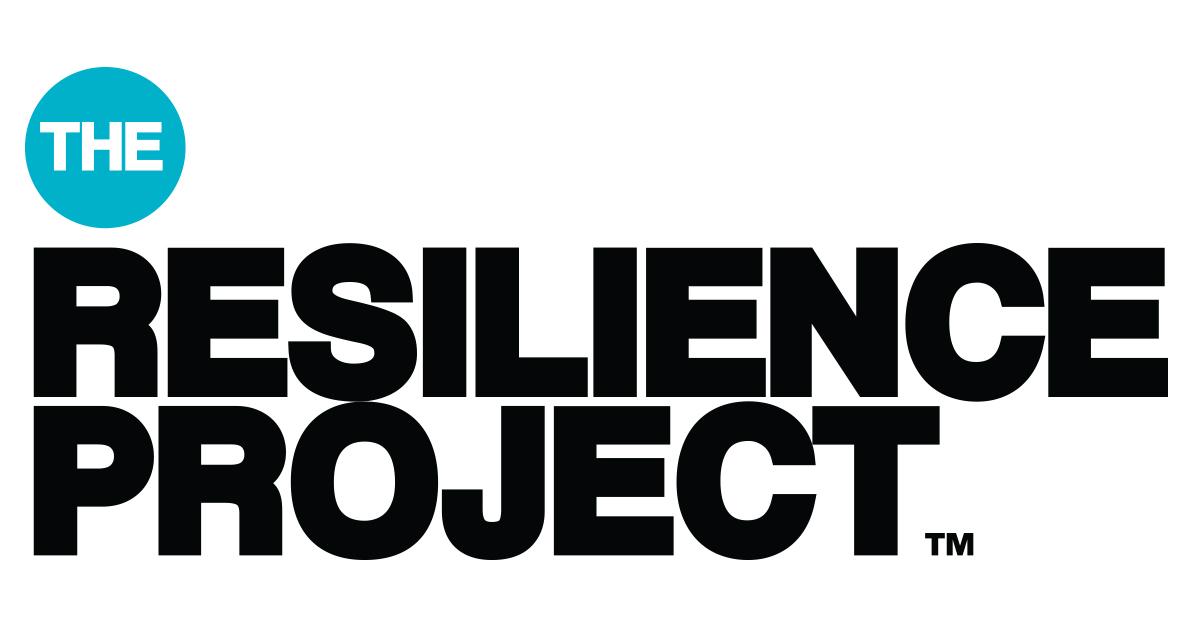Wellbeing @ NPS
Resilience Project News!

Wellbeing @ NPS
Resilience Project News!


GEM Chats allow us all to practice the TRP principles each and every day and are a great way for families to connect with TRP at home.
We STRONGLY encourage you as a family to start having these discussions at home. They're a great way for students to think about GEM outside of the school setting and to regularly practice strategies to improve mental health.
This fortnights GEM chat!
The first GEM chat that we ask you try at home is - "What were three things that went well for you today?".
This chat comes from the Gratitude component of GEM and helps our kids, and ourselves, to pay attention on what we HAVE and not on what we don't.
Good luck! :)


Throughout 2023, we will be working closely with The Resilience Project to support the wellbeing of our school community. The Resilience Project delivers emotionally engaging programs and provides evidence-based, practical strategies to build resilience. Our Partnership Program consists of online presentations and weekly lessons for students, professional development for staff, and Parent & Carer Hub (inc. digital presentations) for our parent and carer community.
What is empathy?
You may have heard the saying “before you criticize or judge someone, walk a mile in their shoes”. This is what empathy is. It is the ability to understand the feelings of others and imagine what it might be like to be them. Empathy is one of the cornerstones of strong friendships and relationships. It promotes kindness, understanding and tolerance.
Teaching empathy to children is vital from a young age. This allows children to grow into young adults who have positive relationships with people from all walks of life. According to The Resilience Project, life is so busy with all its distractions that it is easy to forget to practise empathy with the important people in our life. If we really want to improve our wellbeing and make important connections then we need to make a conscious decision to do so.
The strategies we teach at Newtown Primary can also be used at home to encourage and reinforce the importance of using empathy in everyday life.
Strategies suggested by The Resilience Project which supports our learning on empathy include:
Specific strategies according to age:
Age 5-7
Use pictures from magazines to prompt discussion
Observe others
Embrace diversity
Age 7-9
Discuss empathy at a higher level looking at characters in books
Kindness meditation or mindfulness
Play boardgames that require cooperation
Age 9-11
Acting classes
Create empathy maps – choose an emotion and brainstorm things you might say and do in certain situations
12+
Volunteer work
Discuss current events

